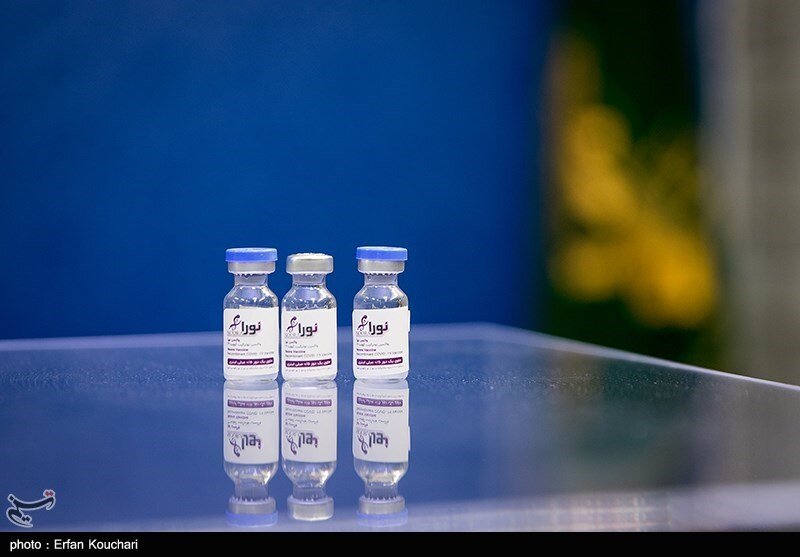IRGC’s “Noora” vaccine awaiting emergency use license

TEHRAN – Noora coronavirus vaccine, developed and produced by Baqiyatallah University of Medical Sciences, affiliated with the Islamic Revolution Guards Corps (IRGC), has completed the third phase of the human trial and is waiting to receive an emergency use license.
After the emergency license is issued, the vaccine will be available for the public, in other words, it will be offered in the vaccination centers, Jafar Amani, the vaccine project manager, stated.
Regarding obtaining the emergency license from the World Health Organization, he said that we are pursuing to obtain the license from this international organization.
The article on the results of the first phase of the human test has been completed and we hope it will be published in the near future, he said, adding, we are also compiling the article of the second phase of the clinical trial.
No serious side effects were observed in the first and second stages of the vaccine clinical trials, he further emphasized.
Amani went on to say that Noora is a recombinant protein vaccine, and initial studies show that this vaccine can provide high immunity to the omicron strain, but it will take longer to determine its exact effects on the new strain.
The current monthly production capacity of the vaccine is about three million doses, which can be increased according to the needs of the country, he concluded.
Domestically-made vaccines
Health Minister Bahram Einollahi has said five coronavirus vaccines have been so far produced domestically.
Made by researchers at the Headquarters for Executing the Order of the Imam, COVIRAN BARKAT was unveiled on December 29, 2020, and received the license for public use on June 14.
It proved effective against Indian strain, according to Hojjat Niki-Maleki, head of the information center of Headquarters for Executing the Order of the Imam.
Developed by the Razi Vaccine and Serum Research Institute, Razi Cov Pars is the second Iranian-made vaccine that started the clinical trial on February 27.
Moreover, the Iranian-Australian Spikogen vaccine and Pastu Covac, developed jointly by the Pasteur Institute of Iran and Cuba's Finlay Vaccine Institute, are other vaccines, which have received the emergency use license.
Iran is one of the few countries that has all vaccine production platforms, Mohammad Reza Shanehsaz, former head of the Food and Drug Administration, said in June 2021.
Meanwhile, World Health Organization (WHO) representative to Iran Jaffar Hussain said in September 2021 that the Organization was collecting the necessary information for the registration and certification of Iranian-made coronavirus vaccines.
FB/MG
